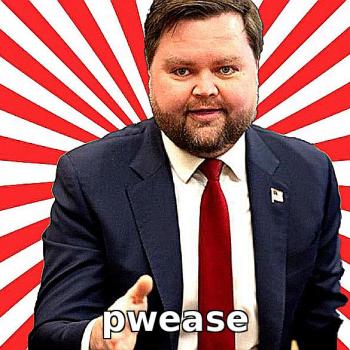The result of this priesthood structure is that Mormons almost universally are deferential to those who lead them, hopefully not as persons themselves, but as representatives of God's power on earth.
Of course at times that deference can be inappropriate. We sometimes treat those who lead us as if they have some special quality of holiness about them. We sometimes treat them as if they are infallible by virtue of their leadership position. Sometimes a leader will even think of himself in these inappropriate terms. Like others, Mormons are human beings subject to human frailties. It is easy to forget that these are God's human servants, chosen for a particular work for whatever reasons God has, but not necessarily chosen because they are the most exemplary Christians.
Much more often than not, even considering human frailties, priesthood authority for Mormonism not only gives the LDS Church its ecclesiastical structure, it also gives Mormons the strong social bond that most members find in their wards.





